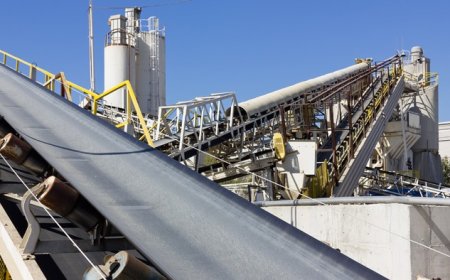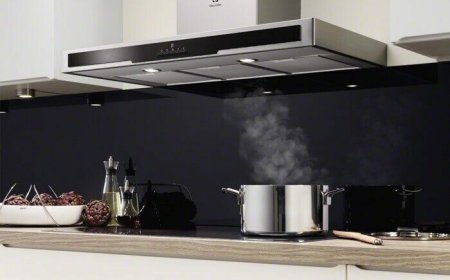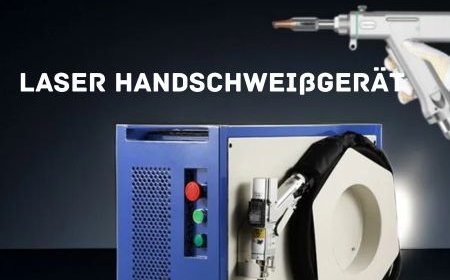Why Every Food Business Needs a Juicer Machine
In todays fast-paced and competitive food industry, businesses must prioritize efficiency, hygiene, and quality to remain successful. Whether it's a juice bar, restaurant, hotel kitchen, or catering service, the right equipment can significantly impact the speed of operations and the satisfaction of customers. One essential yet often underestimated tool is a juicer machine. Unlike domestic models, these commercial-grade machines are built to withstand constant use, extract more juice with less waste, and streamline production without compromising on quality.
But the benefits of investing in a juicer machine go beyond just making juice. In this article, we explore why every food business should consider this equipment, how it compares to other essential tools like the food slicer machine and vacuum sealer machine, and the long-term value it brings to any culinary operation.
1. Efficiency and Speed in Beverage Production
Time is of the essence in any food business. During rush hours, customers expect their orders quickly. A commercial-grade juicer machine is designed for continuous, high-speed performance. It can process large quantities of fruits and vegetables rapidly, reducing preparation time and minimizing labor costs.
Unlike household juicers, which may require frequent cleaning and resting, heavy-duty machines are engineered for non-stop operation. This means staff can focus more on service and less on maintenance, leading to quicker turnaround and higher customer satisfaction.
2. Consistent Quality and Taste
Consistency is key when building a loyal customer base. With a juicer machine, food businesses can ensure that every glass of juice tastes the same fresh, smooth, and full of flavor. These machines typically extract more juice and less pulp, ensuring a higher yield and richer flavor profile.
Moreover, many commercial juicers come with advanced features like speed control, automatic pulp ejection, and stainless-steel components that preserve the taste and nutritional value of the ingredients. The result is a premium product that meets customer expectations every time.
3. Lower Waste, Higher Yield
A common challenge in the food business is waste management. Fruits and vegetables can be expensive, and minimizing waste directly affects the bottom line. Juicer machines are designed to extract the maximum amount of juice from produce, leaving behind very little pulp. This not only increases profitability but also promotes sustainability, a growing concern among modern consumers.
By extracting more juice per fruit, businesses can stretch their ingredient inventory further, reducing the frequency of restocking and lowering overall costs.
4. Durability and Long-Term Investment
Commercial kitchens are tough environments. Equipment is expected to perform under pressure, day in and day out. A juicer machine is built with this reality in mind. With durable components, high-capacity motors, and reinforced parts, these machines are made to last for years with minimal wear and tear.
While the initial investment may be higher than a domestic unit, the long-term benefits of reduced downtime, fewer repairs, and higher efficiency make it a smart financial decision for any serious food operation.
5. Meeting Customer Demand for Fresh and Healthy Options
Consumers today are more health-conscious than ever. Fresh juices made from real fruits and vegetables are increasingly popular across all types of eateries from cafs and bakeries to full-service restaurants. By offering fresh juice options, businesses can tap into this growing demand and differentiate themselves in a crowded market.
A juicer machine enables businesses to expand their menu with seasonal offerings, detox blends, or custom juice mixes, creating new revenue streams and enhancing the overall customer experience.
6. Hygienic and Easy to Clean Design
Maintaining hygiene in a food business is non-negotiable. Most commercial juicer machines are designed with easy-to-clean parts, food-grade materials, and dishwasher-safe components. Some models even feature automated cleaning cycles, saving valuable time and ensuring compliance with health standards.
The ability to clean quickly and thoroughly between uses reduces the risk of contamination and helps maintain a safe environment for both staff and customers.
7. Complementing Other Essential Equipment
A successful kitchen relies on a combination of machines that work together seamlessly. Alongside the juicer machine, tools like the food slicer machine and vacuum sealer machine play crucial roles in ensuring smooth operations.
-
A food slicer machine speeds up the preparation of fruits, vegetables, and garnishes ideal for both food and beverage presentation.
-
A vacuum sealer machine extends the shelf life of ingredients and juices, reduces waste, and ensures freshness in storage.
When these machines are used together, they help create a highly efficient kitchen workflow that improves productivity and supports the delivery of high-quality products.
8. Enhancing Menu Creativity
One often-overlooked benefit of a commercial juicer is the creative possibilities it offers. With the ability to process a wide variety of ingredients such as leafy greens, herbs, root vegetables, and even nuts chefs and mixologists can experiment with unique blends, sauces, and marinades.
This versatility allows businesses to innovate and adapt quickly to trends, seasonal ingredients, or special dietary requests, keeping the menu fresh and exciting for repeat customers.
9. Energy-Efficient Options
Modern juicer machines are not only powerful but also energy-efficient. With eco-conscious designs and motors that consume less electricity, they help reduce utility bills while maintaining top-level performance.
For businesses focused on sustainability, energy-efficient models align with green initiatives and contribute to a more responsible operation.
10. Return on Investment
Every food business must consider the ROI of its equipment. A juicer machine pays for itself over time through higher output, reduced waste, increased sales, and lower labor costs. By offering fresh juice and related products, businesses can easily add a profitable dimension to their existing operations.
Whether it's offering breakfast juices, meal add-ons, or health-focused menu items, this single piece of equipment can significantly boost revenue with minimal operational changes.
Final Thought: A Smart Move for Any Food Business
Incorporating a juicer machine into a commercial kitchen setup is no longer a luxury, it's a necessity. With the growing demand for fresh, healthy, and convenient food and beverages, this equipment enables businesses to operate more efficiently, meet customer expectations, and stay competitive.
When complemented by other key tools like a food slicer machine and a vacuum sealer machine, the juicer becomes part of a smart, integrated system that enhances overall productivity and profitability. For any food business aiming to thrive in todays dynamic market, investing in the right tools is the first step toward long-term success.






















































